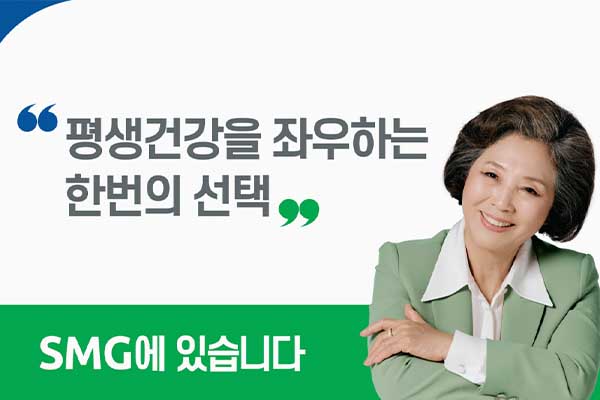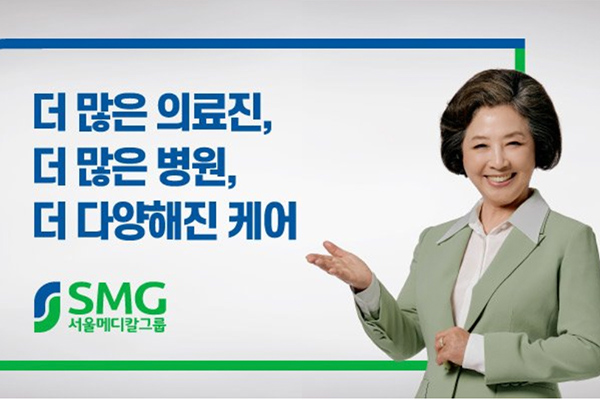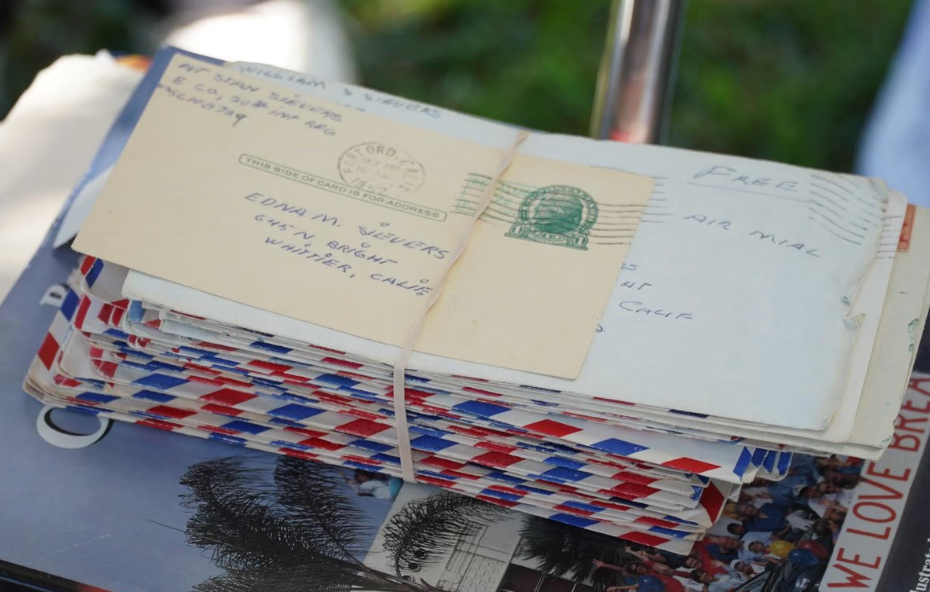
The sentiments shared between the lines meant far more than a basic exchange of updates; they carried the weight of affection, hopefulness, and reassurance. For many troops, letters were their motivation to persevere each day.

This mode of correspondence grew even more consequential amid the turmoil. Soldiers braved horrors daily without knowing if they would live to see peace. The letters delivered from home anchored them to their past lives and to those caring for their well-being back home. More than ink on paper, these messages symbolized grit and resilience. The act of writing likewise held significance for those waiting. It allowed them to remain connected to loved ones separated by distance and danger, providing encouragement through familiar stories of peaceful times and sometimes laying bare their deepest concerns. This lifeline of letter-writing became critical for survival—not only for those battling but also for those left praying from afar.
I recently spoke with Sarah Siebers, the devoted wife of Stan Siebers, a veteran who bravely served in the U.S. Army during the Korean War. Their enduring bond is a reflection of the strong connections between veterans and their dedicated partners, reinforced through compassionate care. Sarah recalled celebrating their 35th wedding anniversary this past April, commemorating their loving relationship that persisted throughout the passing years.
Stan, a cherished and respected individual, was not only a dedicated soldier protecting our country’s interests abroad but also a man who carried the lessons of his military experience with him for a lifetime. Sarah fondly shared excerpts from Stan’s letters sent during and after the conflict. These intimate missives offered a window into his experiences on the battlefield as well as his transformation in transitioning from military to civilian life as a real estate professional. It was through reading Stan’s own words that Sarah came to know the remarkable man he was before and after his time in service.
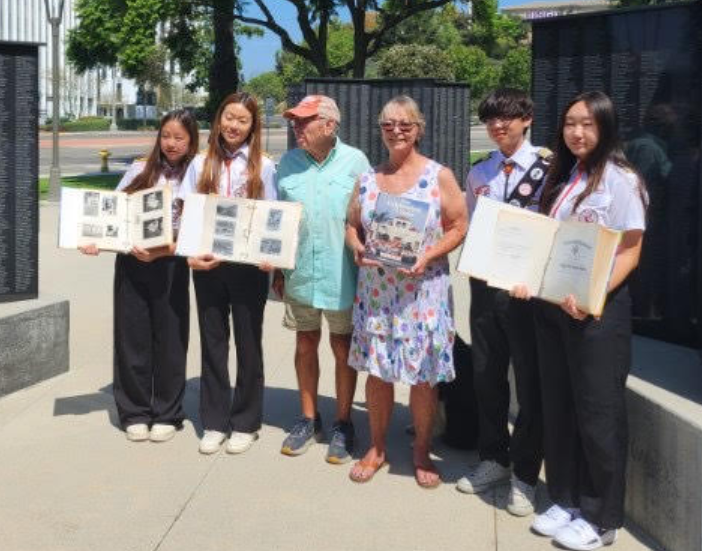
Now, Sarah honors Stan’s enduring legacy by donating some of his wartime belongings to the Hwarang Youth Foundation, an organization focused on educating younger generations about Korean history and culture. She believes it is paramount that people learn about the so-called “Forgotten War” to ensure that the contributions and sacrifices of veterans like Stan are never overlooked or forgotten. “Because I believe that the items need to be kept alive,” she said.
During our visit, Sarah happily showed us Stan’s various accolades and discharge paperwork, remnants left over from his time in the military. She also opened an album full of photographs from his army days – youthful men in uniform, their faces wearing expressions of valor and bravery. Among the treasures were his army buttons and little mementos that held profound personal significance. For veterans after the war, carving out a new path in civilian life was often grueling. Stan, just like numerous others, had to navigate the challenge of adjusting to life back home. Though he built a thriving career in real estate, Sarah emphasized that veterans carried their experiences from war with them long after their service concluded.
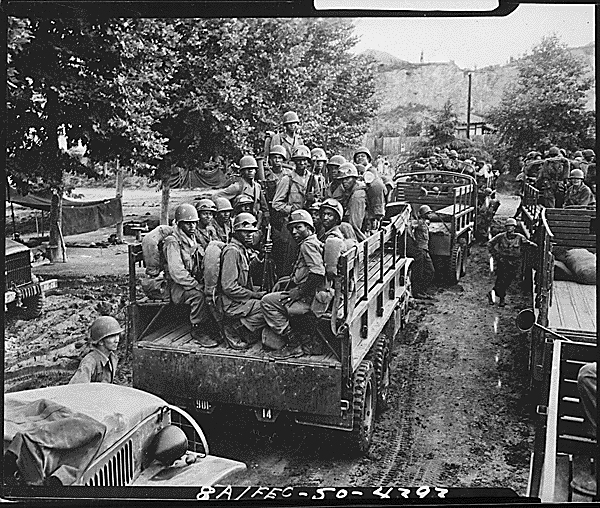
Ultimately, the recollections she now preserves are more than just papers and photographs. They tell a deeper account regarding love and the legacy of a war that many have disregarded but which shaped the lives of countless soldiers and their families.
![]() <Student Reporter Chloe Moon> chloemoon45@gmail.com
<Student Reporter Chloe Moon> chloemoon45@gmail.com
She is an 10th grade student at South Pasadena High School
Previous Articles [Eco.]Meat overconsumption: Hidden Costs to Health & Environment
[Eco.]Meat overconsumption: Hidden Costs to Health & Environment






